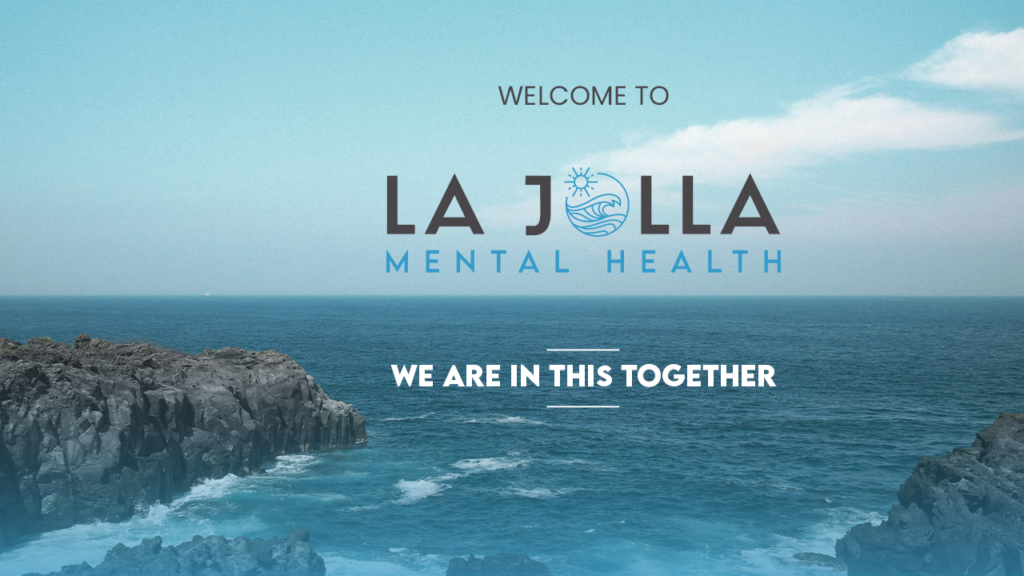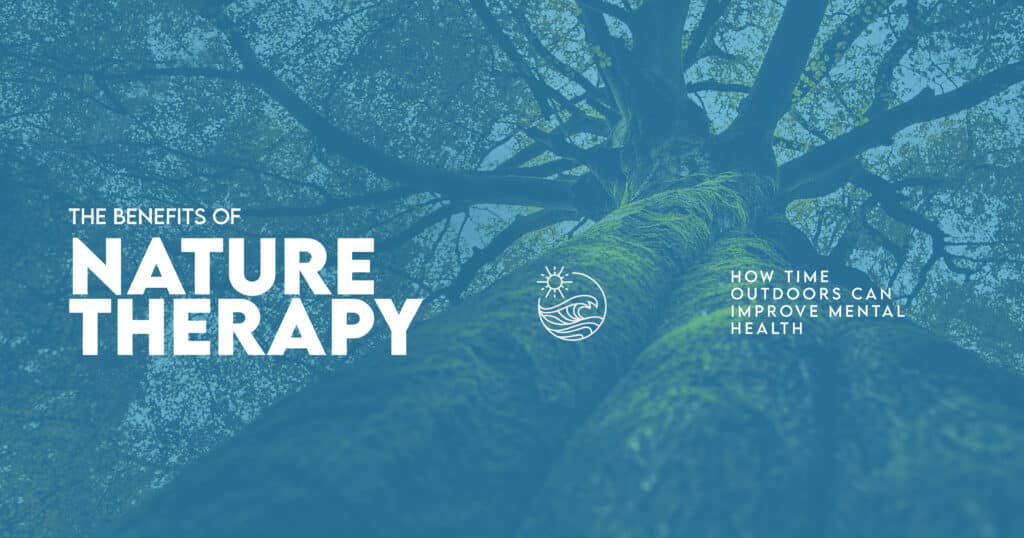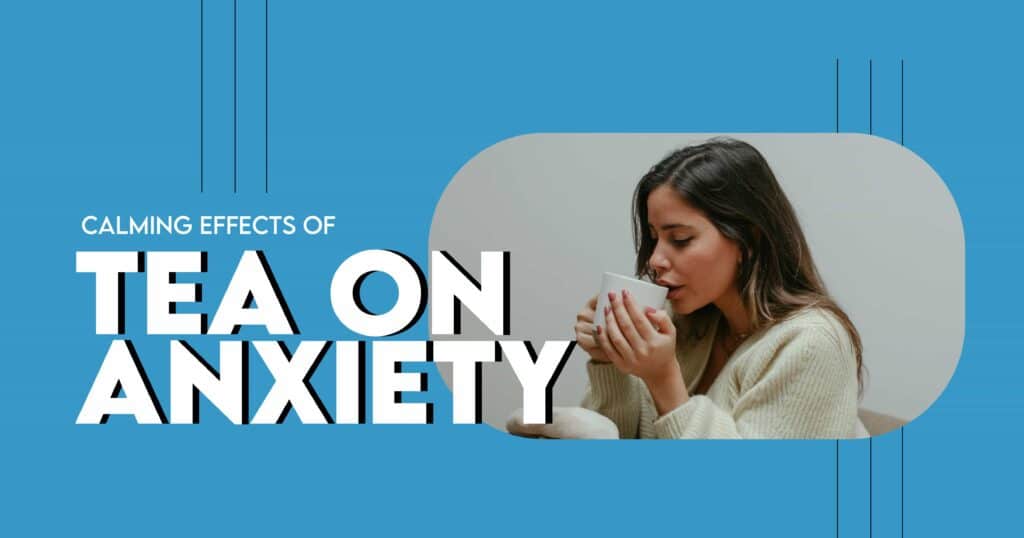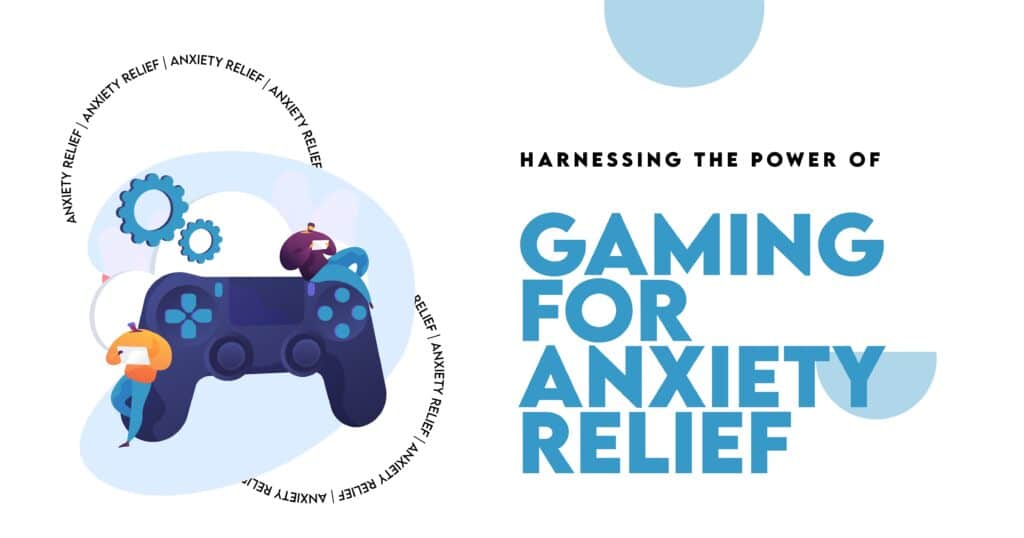We all know that spending time outdoors can be refreshing, but did you know that it can also be a powerful tool for improving your mental health? That’s right—nature therapy, or spending intentional time in natural environments, has been shown to offer numerous benefits for our emotional and psychological well-being.
Essential Takeaways
- Boosts Mental Health: Time outdoors can lower stress, lift mood, and enhance creativity and cognitive function.
- Accessible Anywhere: Nature therapy is adaptable to different environments, including urban settings.
- Supports Traditional Treatments: It complements professional mental health treatments by adding extra support and benefits.
In this post, we’ll explore what nature therapy is, how it impacts mental health, and practical ways you can incorporate it into your life. So, grab a comfy seat, maybe a cup of tea, and let’s dive into the world of nature therapy!
What is Nature Therapy?
Nature therapy, also known as eco-therapy or green therapy, involves intentionally spending time in nature to improve mental and emotional well-being. This can be anything from a simple walk in the park to more structured therapeutic practices like forest bathing or wilderness therapy. Essentially, it’s about harnessing the healing power of nature to benefit our mental health.
Different Types of Nature Therapy
There are several approaches to nature therapy, each with its unique benefits and practices. Let’s take a closer look at some of the most popular ones:
- Forest Bathing (Shinrin-yoku): Originating in Japan, forest bathing is the practice of immersing yourself in a forest environment. It’s not about hiking or exercising but rather about being present in the forest and absorbing its calming atmosphere.
- Wilderness Therapy: This type of therapy involves outdoor activities combined with therapeutic counseling. It’s often used for adolescents and young adults, incorporating activities like hiking, camping, and survival skills to promote personal growth and healing.
- Horticultural Therapy: This involves gardening and working with plants as a therapeutic activity. It’s known for its benefits in reducing stress and improving mood through the act of nurturing plants.
- Animal-Assisted Outdoor Therapy: Engaging with animals in a natural setting can also be therapeutic. Whether it’s horseback riding, interacting with therapy animals, or simply being around animals, this practice can enhance emotional well-being.
- Simple Outdoor Activities: Sometimes, it’s as easy as going for a walk in your local park or having a picnic in your backyard. The key is to be present and mindful during these activities.
History and Background of Nature Therapy
Nature therapy isn’t a new concept. Historically, many cultures have recognized the therapeutic benefits of nature. Indigenous peoples around the world have long understood the connection between the natural world and mental well-being. In recent years, modern science has begun to validate these ancient practices, leading to a resurgence in interest and application of nature therapy.
How Nature Therapy Impacts Mental Health
Now that we know what nature therapy is, let’s dive into how spending time outdoors can benefit our mental health. The benefits are well-documented and supported by scientific research, highlighting the profound impact nature can have on our psychological state.
Nature Therapy and Stress Relief
One of the most significant benefits of nature therapy is its ability to reduce stress. Studies have shown that spending time in natural environments can lower cortisol levels, which is the hormone associated with stress. This means that even a short walk in the park can help you feel more relaxed and less overwhelmed. Nature provides a break from the constant stimuli of modern life, allowing your mind to rest and recover.
Boosting Creativity and Focus
Nature therapy isn’t just about relaxation; it can also enhance cognitive function. Research has found that exposure to nature can improve concentration and problem-solving skills. This is especially beneficial for those struggling with mental fatigue or attention disorders. The natural world offers a refreshing change from the overstimulation of daily life, allowing your brain to reset and improve your creative and cognitive abilities.
Improving Mood and Emotional Regulation
Spending time in nature can also have a positive effect on mood and emotional regulation. Natural environments have been shown to increase feelings of happiness and reduce symptoms of depression. The calming effect of nature helps to balance emotions and promote a more stable mood. Engaging with nature can act as a natural antidepressant, helping to lift your spirits and improve overall emotional well-being.
Better Sleep Quality
Quality sleep is essential for mental health, and nature therapy can help improve it. Exposure to natural light during the day helps regulate your circadian rhythm, which in turn improves sleep quality. Spending time outdoors can help reset your internal clock, making it easier to fall asleep and stay asleep. Additionally, the relaxation gained from time in nature can lead to more restful and restorative sleep.
The Science Behind Nature Therapy
Understanding how nature therapy impacts mental health requires a look at the science behind it. Various studies have explored the relationship between nature and mental well-being, providing evidence for the benefits we’ve discussed.
Research on Nature’s Effect on the Brain
Studies using brain imaging techniques have shown that exposure to natural environments can reduce activity in the brain’s stress centers. This reduction in stress-related brain activity correlates with improvements in mood and cognitive function. Additionally, nature has been found to increase brain activity in areas associated with positive emotions and relaxation.
Psychological Theories Explaining Nature’s Healing Power
Several psychological theories help explain why nature therapy is effective. One such theory is the Attention Restoration Theory, which suggests that natural environments provide a restorative experience by allowing our attention to recover from the fatigue caused by constant mental exertion. Nature’s calming influence helps to restore our mental resources, leading to improved focus and emotional well-being.
Practical Ways to Incorporate Nature Therapy in Daily Life
You don’t need to embark on a grand adventure to reap the benefits of nature therapy. There are many simple ways to incorporate nature into your daily routine, even if you live in an urban environment.
Simple Outdoor Activities for Mental Health
- Take a Walk in the Park: One of the easiest ways to enjoy nature therapy is by taking a walk in a nearby park. It doesn’t have to be a long hike—just a leisurely stroll can provide significant mental health benefits.
- Spend Time in Your Garden: If you have access to a garden, spend some time tending to your plants. Gardening can be a therapeutic activity that helps you connect with nature and relieve stress.
- Have a Picnic: Enjoy a meal outdoors, whether it’s in your backyard or a local green space. A picnic allows you to relax and enjoy nature while spending quality time with friends or family.
Making the Most of Nature in an Urban Setting
- Visit Botanical Gardens: Many cities have botanical gardens that offer a peaceful escape from urban life. These spaces are designed to showcase nature and can provide a calming retreat.
- Find Rooftop Gardens: Some urban areas feature rooftop gardens that provide a green oasis amidst the cityscape. If you don’t have access to one, look for community spaces that offer similar benefits.
- Decorate with Indoor Plants: If outdoor access is limited, bring nature indoors with houseplants. They can improve air quality and add a touch of greenery to your living space.
The Physical Benefits of Time Outdoors
Nature therapy doesn’t only benefit your mental health—it also has positive effects on physical health. The connection between physical activity and mental well-being is well-established.
The Connection Between Physical Activity and Mental Health
Outdoor activities like walking, hiking, and running not only improve physical fitness but also promote mental clarity. Physical exercise has been shown to reduce symptoms of depression and anxiety, making it a valuable addition to your mental health routine.
Vitamin D and Mood Regulation
Exposure to sunlight is crucial for Vitamin D production, which plays a significant role in mood regulation. Low levels of Vitamin D have been linked to symptoms of depression. Spending time outdoors helps ensure you get adequate sunlight, supporting overall emotional balance.
How Nature Therapy Complements Traditional Mental Health Treatments
Nature therapy is not a replacement for traditional mental health treatments but can be a valuable complement. It can enhance the effectiveness of therapy and medication by providing additional support and promoting overall well-being.
Integrating Nature Therapy with Other Treatments
For those undergoing therapy or taking medication, nature therapy can provide supplementary benefits. It helps reduce stress and improve mood, which can enhance the effectiveness of other treatments. Always consult with your mental health professional before making changes to your treatment plan.
Who Can Benefit From Nature Therapy?
Nature therapy is accessible to everyone, regardless of age or fitness level. Its benefits can be particularly impactful for certain groups.
Nature Therapy for Anxiety and Depression
Individuals with anxiety or depression can find significant relief through nature therapy. The calming effect of natural environments helps reduce symptoms and improve overall emotional well-being.
Nature Therapy for Children and Adolescents
Nature therapy can also be beneficial for children and adolescents. It helps them manage stress, build resilience, and improve focus. Outdoor activities provide a healthy outlet for energy and emotions.
The Role of Technology: Can Virtual Nature Help?
In today’s digital age, technology has introduced new ways to experience nature. Virtual nature experiences, such as nature videos or virtual reality, offer a glimpse into the calming effects of nature.
Virtual Nature Experiences
While not a complete substitute for physical time outdoors, virtual nature experiences can offer some benefits. They provide a relaxing backdrop and can be a helpful tool for those unable to access natural environments regularly.
Overcoming Barriers to Accessing Nature
Not everyone has easy access to nature, but there are ways to overcome barriers.
Bringing Nature Indoors
For those in urban areas or with limited mobility, bringing elements of nature indoors can be beneficial. Houseplants, nature sounds, and nature-inspired décor can create a calming environment and offer some of nature’s therapeutic benefits.
Taking the First Step: How to Get Started with Nature Therapy
Getting started with nature therapy is easier than you might think. Here’s how to begin:
Start Small and Build Consistency
You don’t need to make drastic changes to enjoy nature therapy. Start with small steps, like a short walk or adding a few plants to your home. Build consistency over time, and you’ll begin to notice the benefits.
Conclusion: Embrace Nature for Mental Well-Being
Nature therapy offers a wealth of benefits for mental health, from reducing stress to improving mood and cognitive function. By incorporating nature into your daily routine, you can enhance your well-being and enjoy a greater sense of peace. So, take that first step—whether it’s a walk in the park or adding a plant to your home—and experience the healing power of nature for yourself.
Ready to embrace the benefits of nature therapy? Start by exploring your local green spaces, whether it’s a park, garden, or even your backyard. Consider adding a few plants to your living space or finding a nearby botanical garden. For personalized guidance on integrating nature therapy into your mental health routine, reach out to a mental health professional. Take the first step towards a healthier, happier you with the healing power of nature!
FAQs
- What is nature therapy, and how does it work?
Nature therapy involves spending intentional time in natural environments to improve mental health. It works by reducing stress, enhancing mood, and improving cognitive function through natural interactions.
- Can virtual nature experiences provide the same benefits as real-time nature exposure?
While virtual nature experiences can offer some relaxation benefits, they are not a complete substitute for physical time spent in nature. They can be a useful supplementary tool, especially when access to real outdoor environments is limited.
- How often should I practice nature therapy to see benefits?
Even short periods of time outdoors can be beneficial. Aim for at least 15-30 minutes of nature exposure a few times a week to start seeing improvements in mental health.
- What if I live in an urban area with limited access to nature?
You can still benefit from nature therapy by visiting parks, botanical gardens, or incorporating houseplants into your home. Virtual nature experiences and nature-inspired décor can also provide additional benefits.
- Is nature therapy a replacement for traditional mental health treatments? No, nature therapy is not a replacement but can complement traditional treatments. It’s best used in conjunction with therapy or medication, enhancing overall well-being and support.








